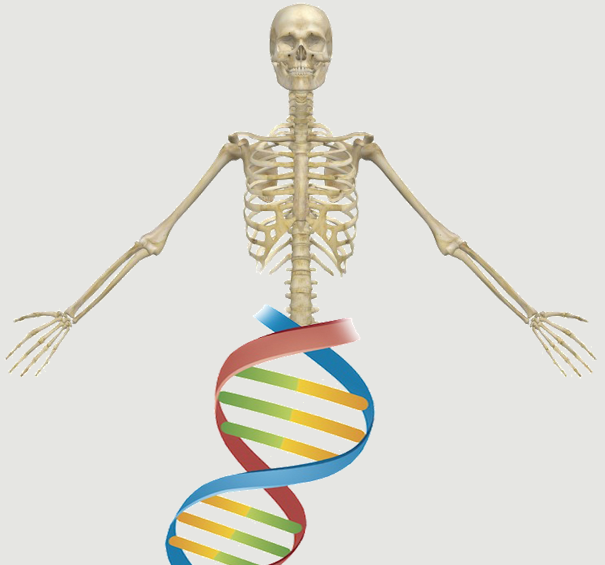Citation:
Abstract:
Osteoporotic patients, incapacitated due to vertebral compression fractures (VCF), suffer grave financial and clinical burden. Current clinical treatments focus on symptoms' management but do not combat the issue at the source. In this pilot study, allogeneic, porcine mesenchymal stem cells, overexpressing the BMP6 gene (MSC-BMP6), were suspended in fibrin gel and implanted into a vertebral defect to investigate their effect on bone regeneration in a clinically relevant, large animal pig model. To check the effect of the BMP6-modified cells on bone regeneration, a fibrin gel only construct was used for comparison. Bone healing was evaluated in vivo at 6 and 12 weeks and ex vivo at 6 months. In vivo CT showed bone regeneration within 6 weeks of implantation in the MSC-BMP6 group while only minor bone formation was seen in the defect site of the control group. After 6 months, ex vivo analysis demonstrated enhanced bone regeneration in the BMP6-MSC group, as compared to control. This preclinical study presents an innovative, potentially minimally invasive, technique that can be used to induce bone regeneration using allogeneic gene modified MSCs and therefore revolutionize current treatment of challenging conditions, such as osteoporosis-related VCFs.
Notes:
Pelled, Gadi Sheyn, Dmitriy Tawackoli, Wafa Jun, Deuk Soo Koh, Youngdo Su, Susan Cohn Yakubovich, Doron Kallai, Ilan Antebi, Ben Da, Xiaoyu Gazit, Zulma Bae, Hyun Gazit, Dan UL1 TR000124/TR/NCATS NIH HHS/United States Journal Article United States Stem Cells Int. 2016;2016:6530624. doi: 10.1155/2016/6530624. Epub 2015 Dec 7.

